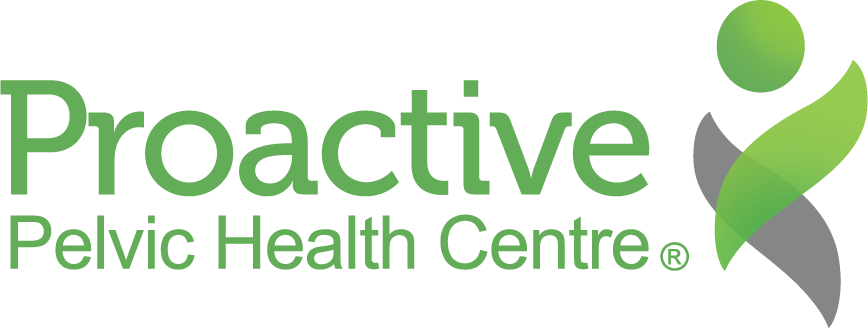Fertility, Pregnancy and Beyond
By Kandiss Fernando
After graduating from my Traditional Chinese Medicine (TCM) program (the two most popular modalities in TCM being acupuncture and herbal medicine), I had no idea that a few years later I would spend much of my time working with clients on pregnancy-related care. Whether it is helping women and men conceive naturally or with Assisted Reproduction Technology (ART), sustaining healthy pregnancies and helping with recovery after birth, my work with acupuncture and TCM are great natural options for many clients.
By stimulating the body’s internal processes, studies show that acupuncture helps with the regulation of hormones. Often times it’s a hormone imbalance that can cause issues with ovulation, prevent the possibility of conception, and impact postpartum depression. Before, during and after pregnancy, acupuncture can be used as an alternative care method.
Getting and Staying Pregnant
In my practice, I’ve seen women who were diagnosed with premature ovarian failure restart their menstrual cycles, seen FSH levels lowered so that women can start their IVF cycle. FSH stands for follicle stimulating hormone, high levels of which can make it very difficult to become pregnant. Polycystic Ovarian Syndrome (PCOS) can also be a hard diagnosis to bear for many women. Acupuncture can help by treating the root cause of the PCOS. TCM treatments focus on balancing and regulating important hormones related to PCOS. In addition, acupuncture can increase blood flow and nutrients to the uterus and ovaries. Patients may notice more regular menstruation and ovulation, less pain, and increased fertility.
When it comes the “unexplained infertility” diagnosis, I always feel up for the task. In TCM, many fertility issues can be broken down into the most basic elements and treated accordingly. Although not guaranteed, a lot of women with fertility concerns can successfully conceive and maintain healthy pregnancies within six months of consistent treatment. When it conceiving although a lot of the focus is placed on the woman, it takes to tango; in men, TCM have been shown to increase sperm count and sperm motility.
During the 2nd and 3rd Trimester
Acupuncture and TCM can help alleviate many pregnancy related symptoms including nausea, lower back pain and sciatica, heart burn, constipation, fatigue, pregnancy induced diabetes, anxiety and depression. This is just a short list of some of the common concerns that I’ve encountered in my practice.
Week 34 is considered the ideal time to start treatments geared towards correcting fetal positions for breech and posterior presentations. Later, weekly acupuncture treatments starting at week 36 helps prepare the body for natural delivery by softening the ligaments of the pelvis and aiding in cervical dilation.
For women who are past their due date, acupuncture for induction can be used to prevent medical induction that may increase the chances of other types of medical intervention.
Postpartum Care
The first three months after labour and delivery are considered crucial for ensuring full recovery from childbirth. Along with adequate rest and nutritious food, weekly acupuncture treatments are recommended. It’s best to start at two weeks postpartum for a total of three weeks of treatment in order to promote stamina and an efficient recovery. Acupuncture may also be useful in the postnatal phase to balance emotions, help perineal healing and breastfeeding problems.


